Search
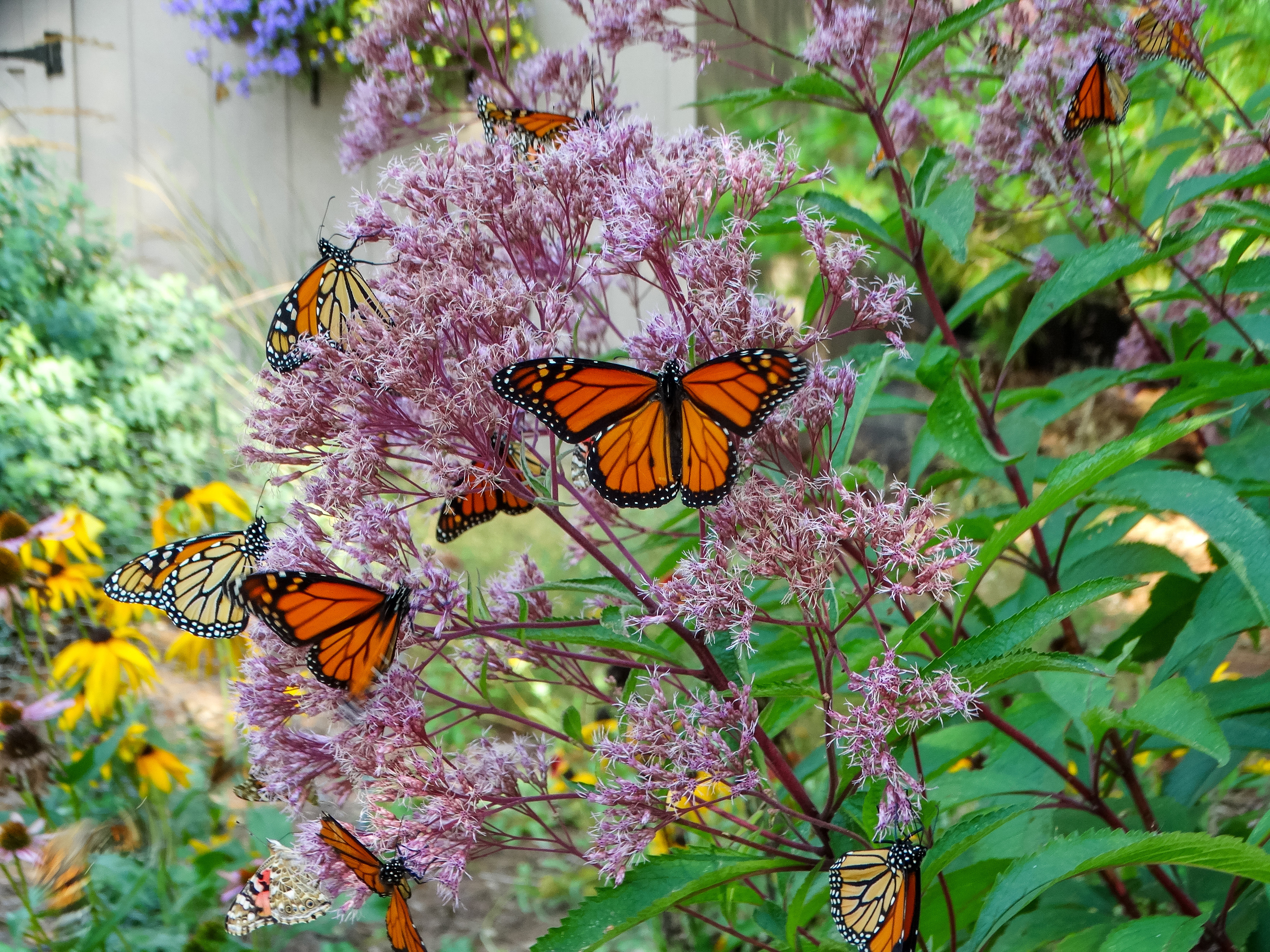
An identification guide to Native Pollinator Plants of South Dakota for Managed Landscapes
A guide of Native Pollinator Plants in South Dakota.

Late Soybean Planting: Management Considerations
While saturated soil conditions are prevalent in many areas of the state, extended weather outlooks suggest that producers may be able to return to the fields and resume soybean plantings in the near future. Should management practices change due to the late planting season?
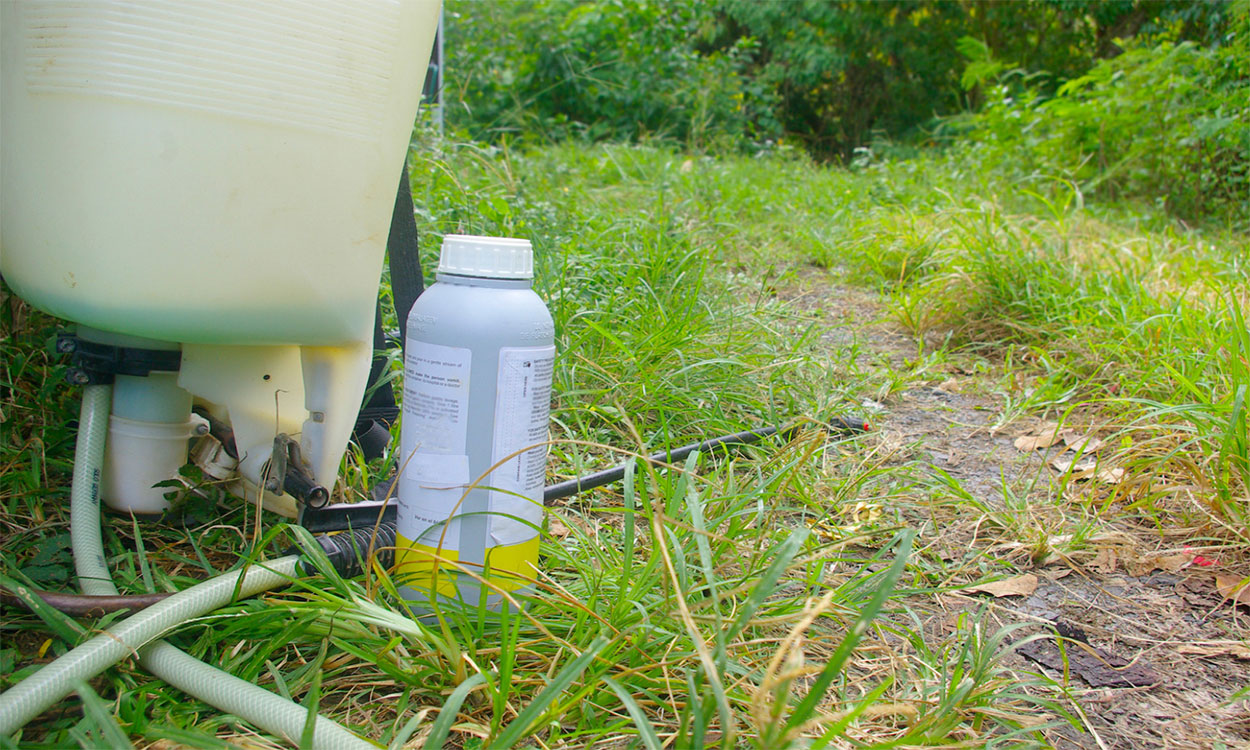
Read the Label
Last year, Bayer announced they would be phasing out glyphosate from the homeowner market, but they would be keeping the Roundup name for future marketing. Learn some important label considerations when purchasing Roundup-branded products.
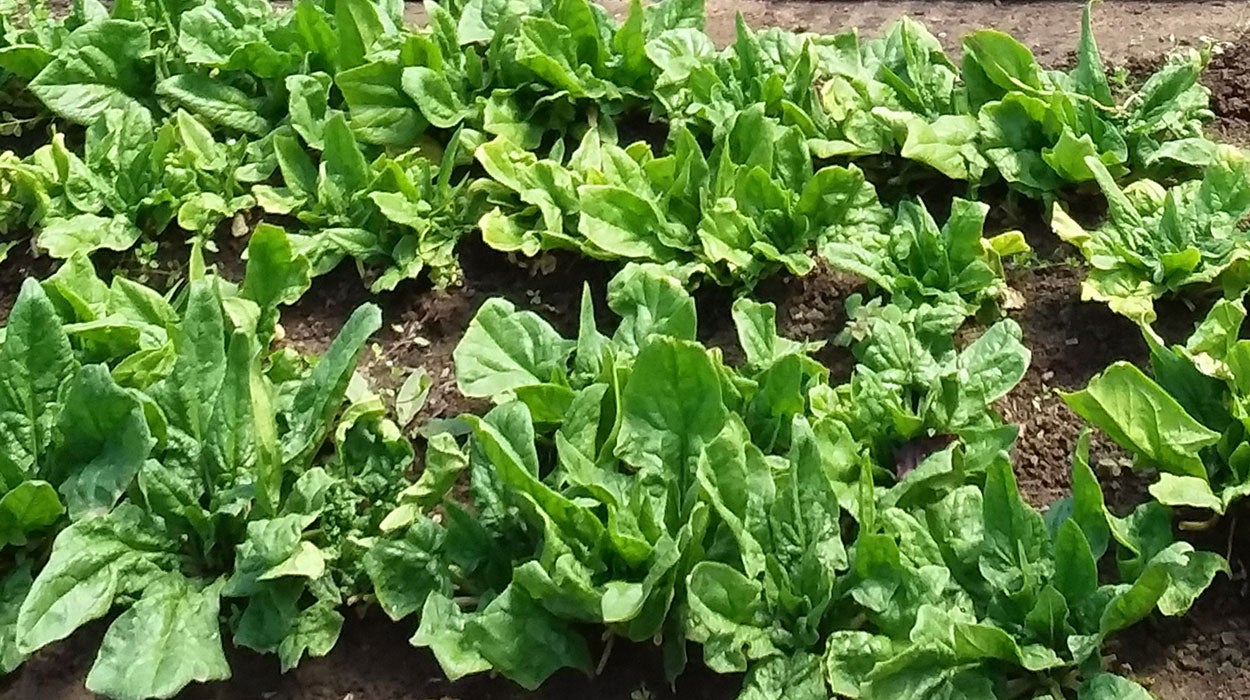
Salad Greens: How to Grow It
Salad greens, grown for their leaves, are cool-season crops. Most salad greens can be planted very early in the spring, and many will germinate in soil temperatures as low as 40° Fahrenheit.

Cultural History of the Christmas Tree and Poinsettia (Cuetlaxochitl)
Christmas trees and poinsettias are the two plants that symbolize the Christmas season, but why do these plants hold that place that? And where did the association with Christmas originate?

Tiger Beetles: Beneficial Predators and Ecosystem Health Indicators
Tiger beetles are generalist predators, meaning they prey on a wide variety of pests. Observing them in a landscape is a great sign that an ecosystem is healthy and supporting both prey and predators.
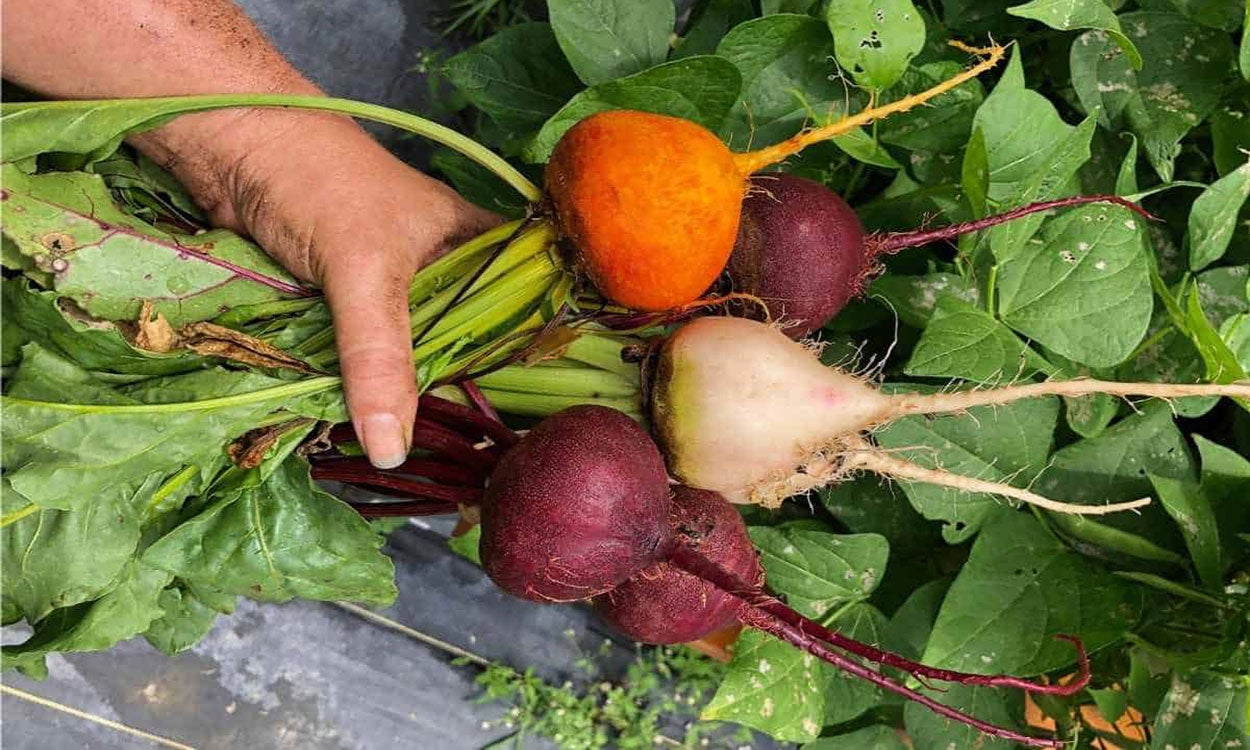
Table Beets: Harvest and Storage
Table beets are a colorful root crop that grows well during the spring and fall months in South Dakota. Learn how to select, grow, harvest and store them with this helpful guide!
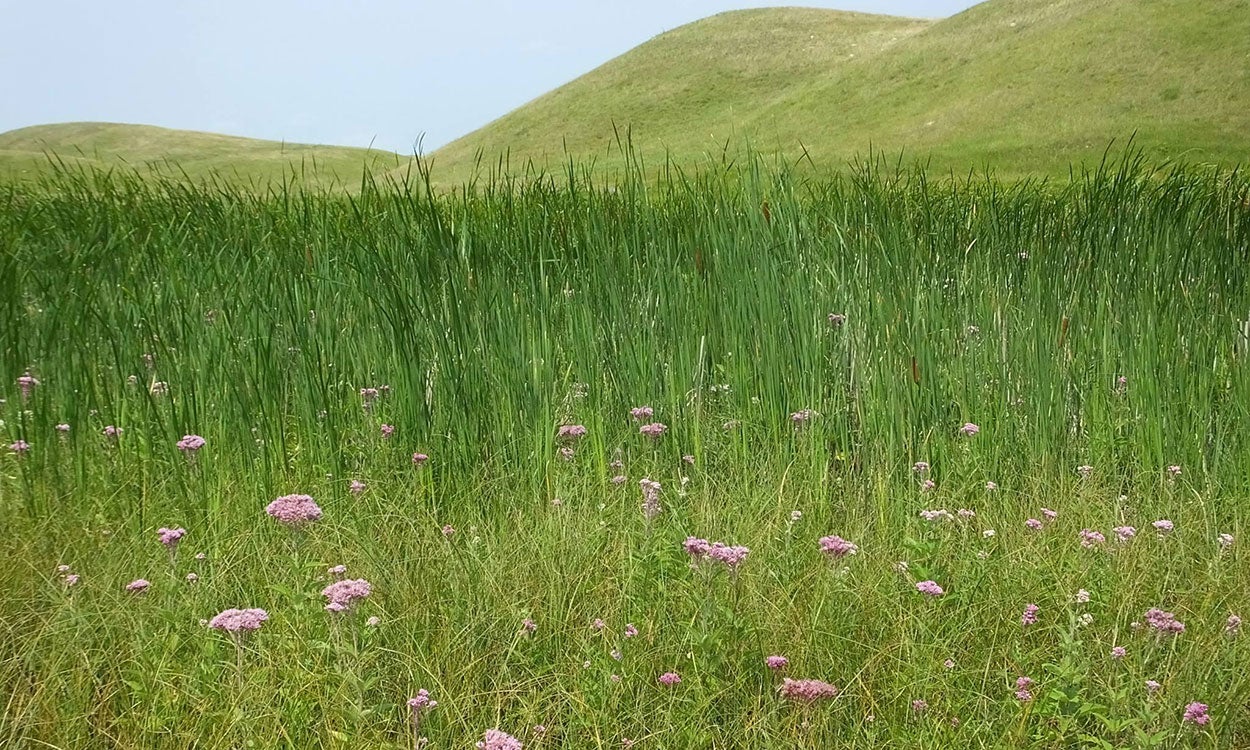
Understanding Grassland Terminology
Before learning the best practices of grassland management, it's important to know some of the common terminology used in the land management and conservation arena.
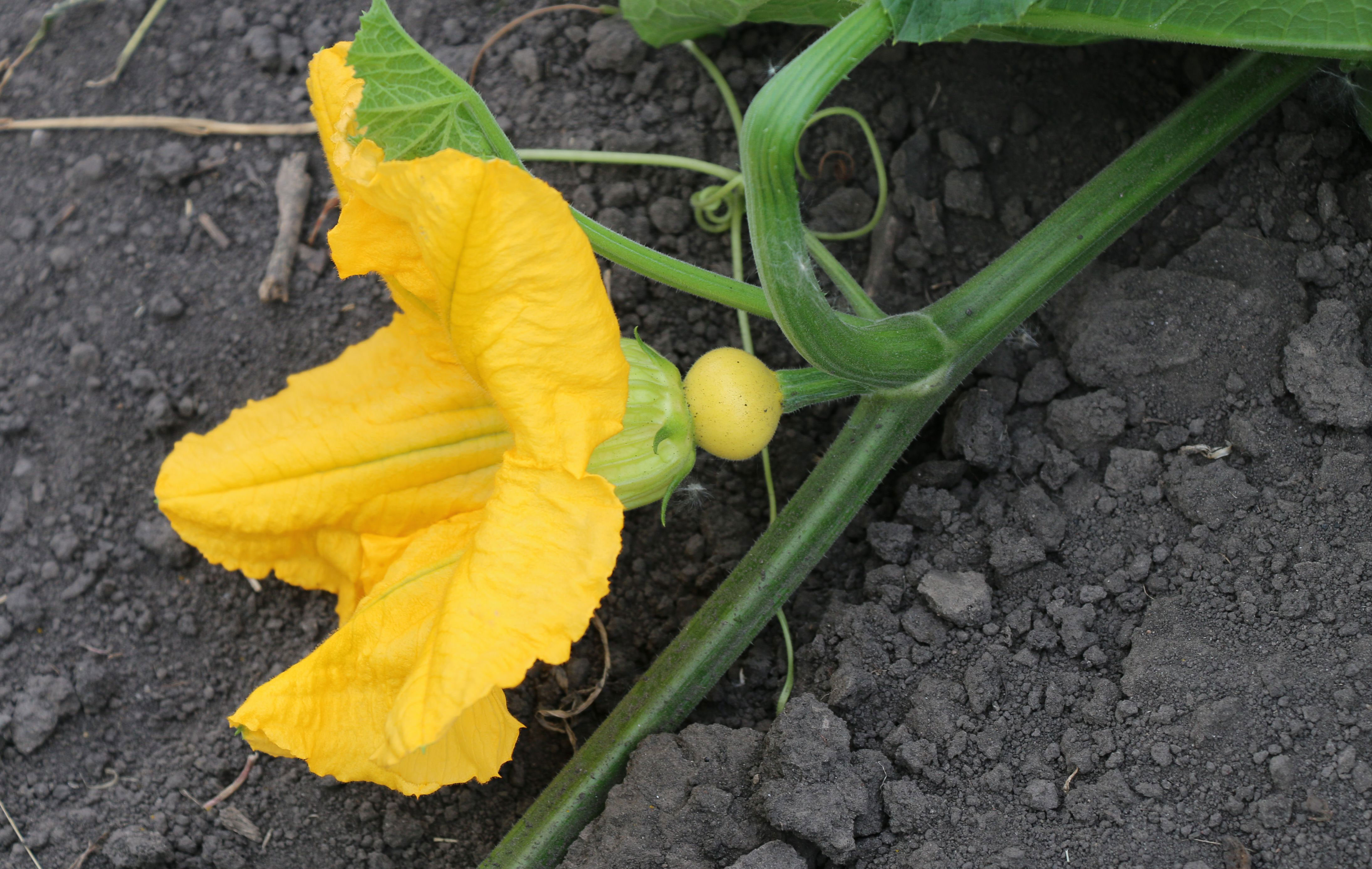
Saving Seed of Pumpkins, Squash, Cucumbers, Melons and Gourds
If gardeners wish to save seed from cucurbits (squash, pumpkins, gourds, cucumbers, and melons), special precautions need to be observed, as these plants are insect-pollinated.
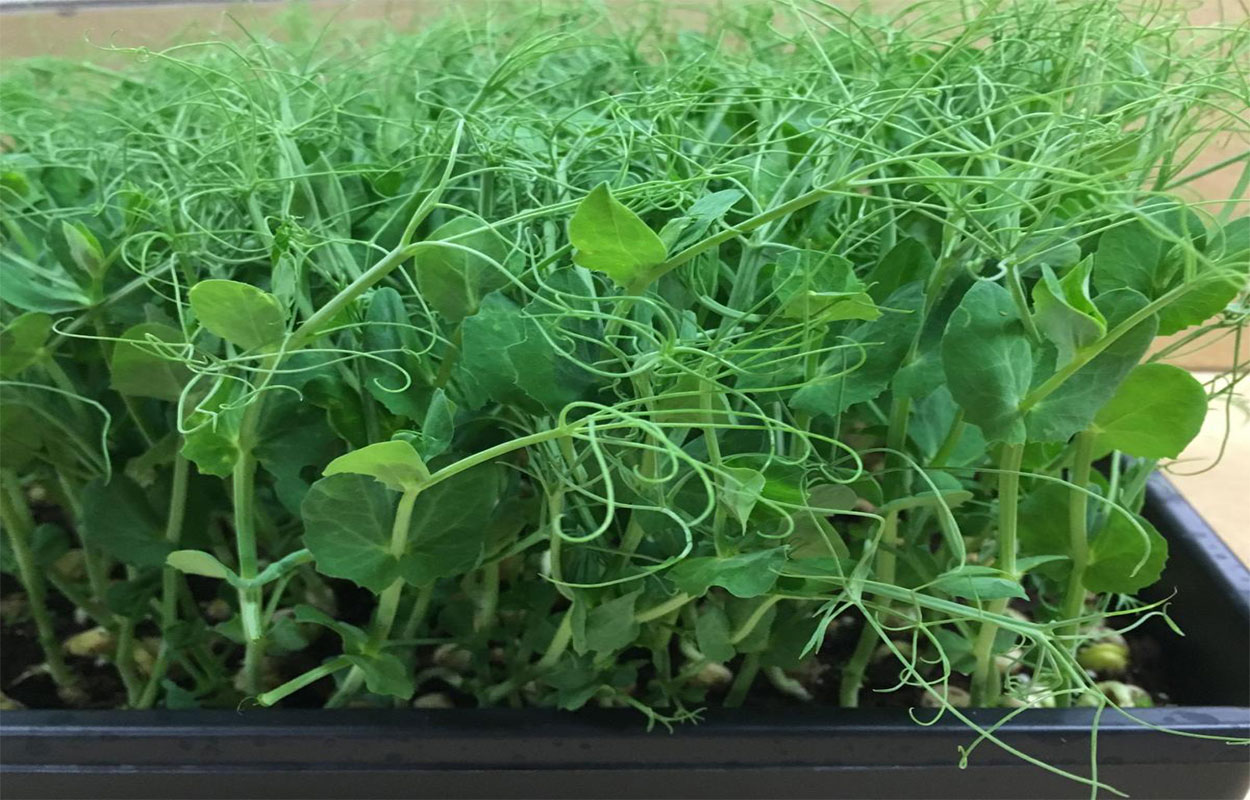
Growing Microgreens at Home
The fall through early spring season can provide an opportunity to grow certain food indoors. Growing microgreens can be an excellent way to add nutritious, fresh vegetables to your diet without taking up a lot of space in your home.